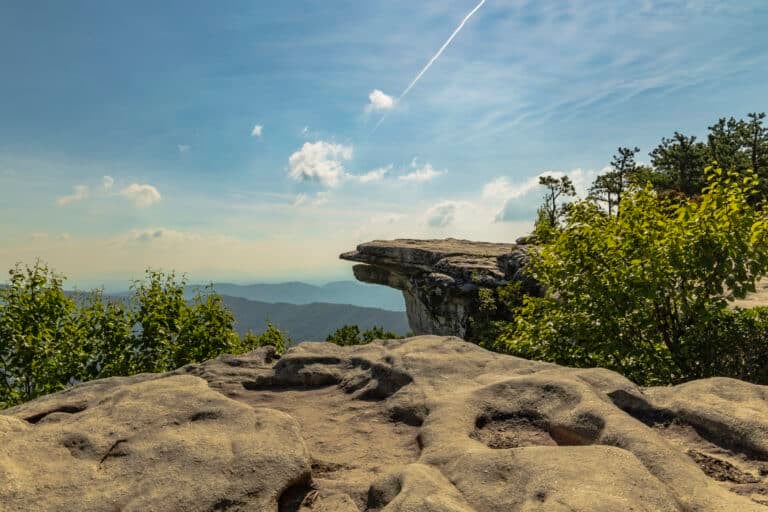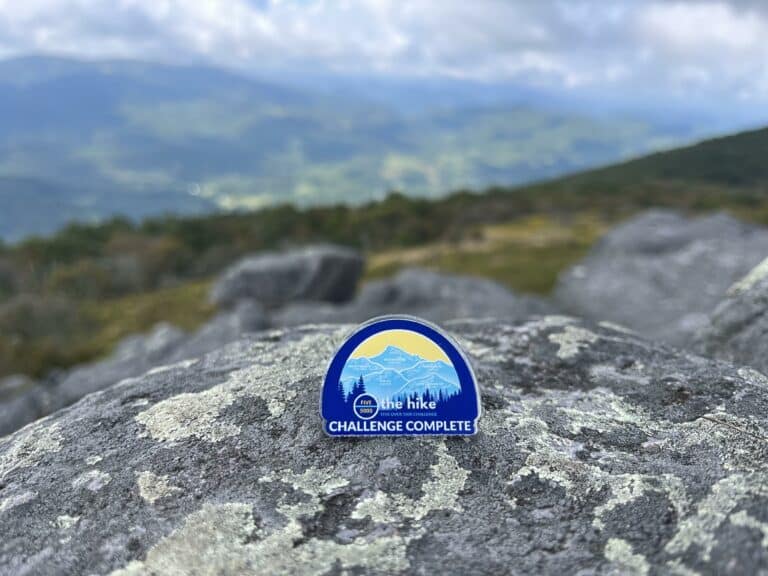National Park Service diverts $2.5 million for Trump’s July 4th celebration
The National Park Service is diverting $2.5 million in entrance and recreation fees to fund President Trump’s Independence Day celebration on the Mall, the Washington Post reports. The money from entrance and recreation fees is usually intended to improve the visitor experience on the National Mall or for projects such as habitat restoration and infrastructure repair at smaller parks around the county. The Post also reported that officials have refused to name how much the total July 4th celebration will cost but that the $2.5 million diverted from the park service is just a small amount of the overall price of the extravaganza. In a tweet, President Trump said that the cost of the celebration is “very little compared to what it is worth.”
The fight for pipeline access to the Appalachian Trail heats up
Developers of the Atlantic Coast pipeline have filed a challenge with the Supreme Court focusing on the permits required for the pipeline to cross the Appalachian Trail. Earlier this year, the 4th U.S. Circuit Court of Appeals found that the Forest Service does not have the authority to approve the pipeline’s right of way along the Appalachian Trail. Instead, the court ruled, the National Park Service has the power to grant that authority, but the park service is required to uphold a much stricter land conservation mandate.
Dominion Energy, Duke Energy, and other companies involved in the 600-mile project have now asked the highest court in the land to review the case. If the Supreme Court refuses to hear the case, or if they rule unfavorably against the pipeline, some experts believe it could put an end to the project altogether. The Supreme Court hears just 1 percent of cases it receives, and there is no word yet on whether they will take this case on.
A controversial telescope will be built on top of a mountain sacred to Native Hawaiians
After many years of legal battles, the Hawaiian Supreme Court has approved the placement of the Thirty Meter Telescope atop Mauna Kea, a volcano considered sacred to some Native Hawaiians. Construction of the project is expected to begin this summer, but officials began removing Native Hawaiian structures from the mountaintop last week to make room for the telescope.
Opponents of the telescope’s placement worry that the project will desecrate the land atop the mountain, which holds religious and cultural significance to many native people and is the sight of sacred ceremonies. Scientists say that the mountaintop is one of the best places in the world for astronomy. Several telescopes and observatories are already on the summit, but the Thirty Meter Telescope will be the largest visible-light telescope in the world.








